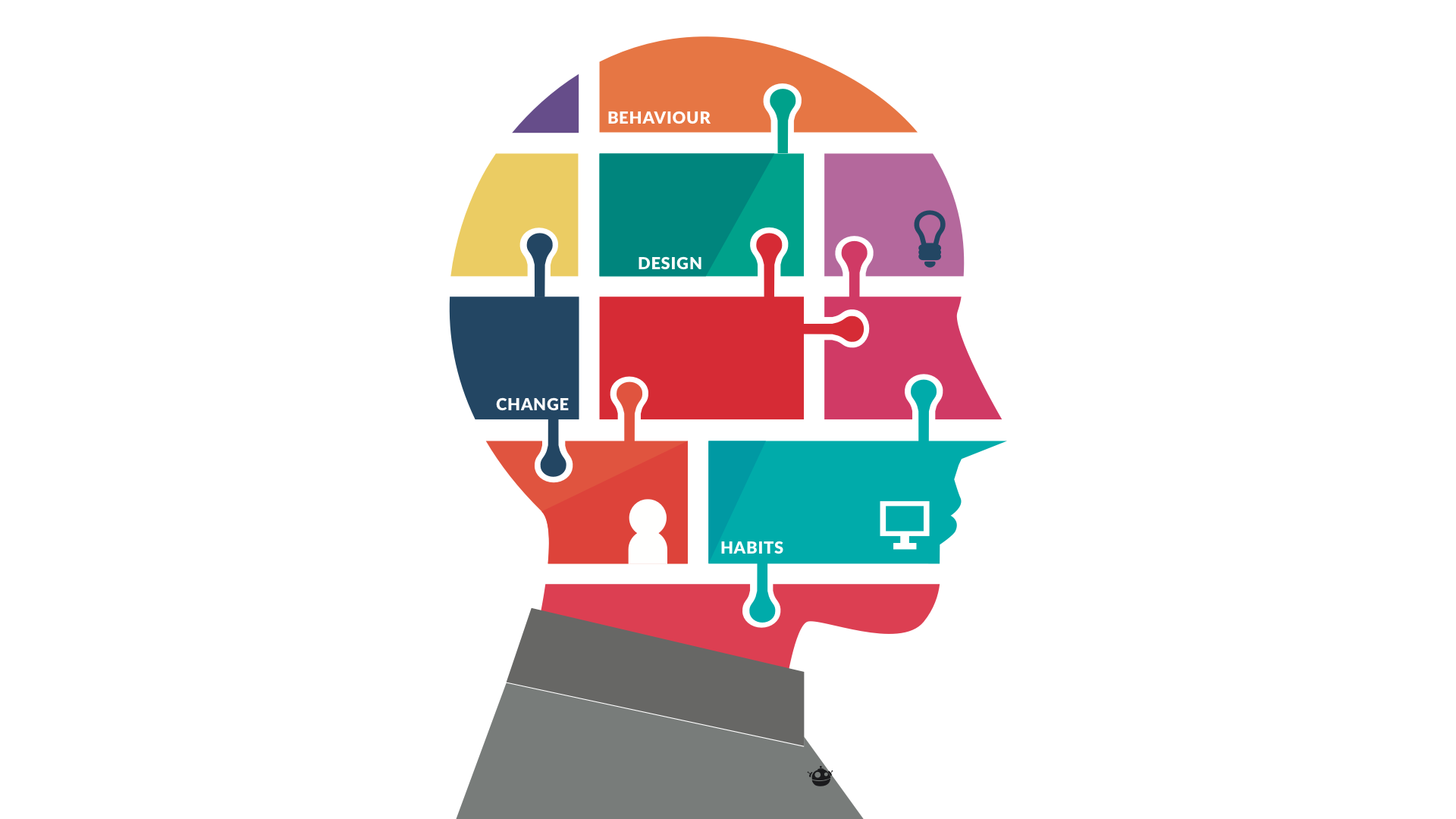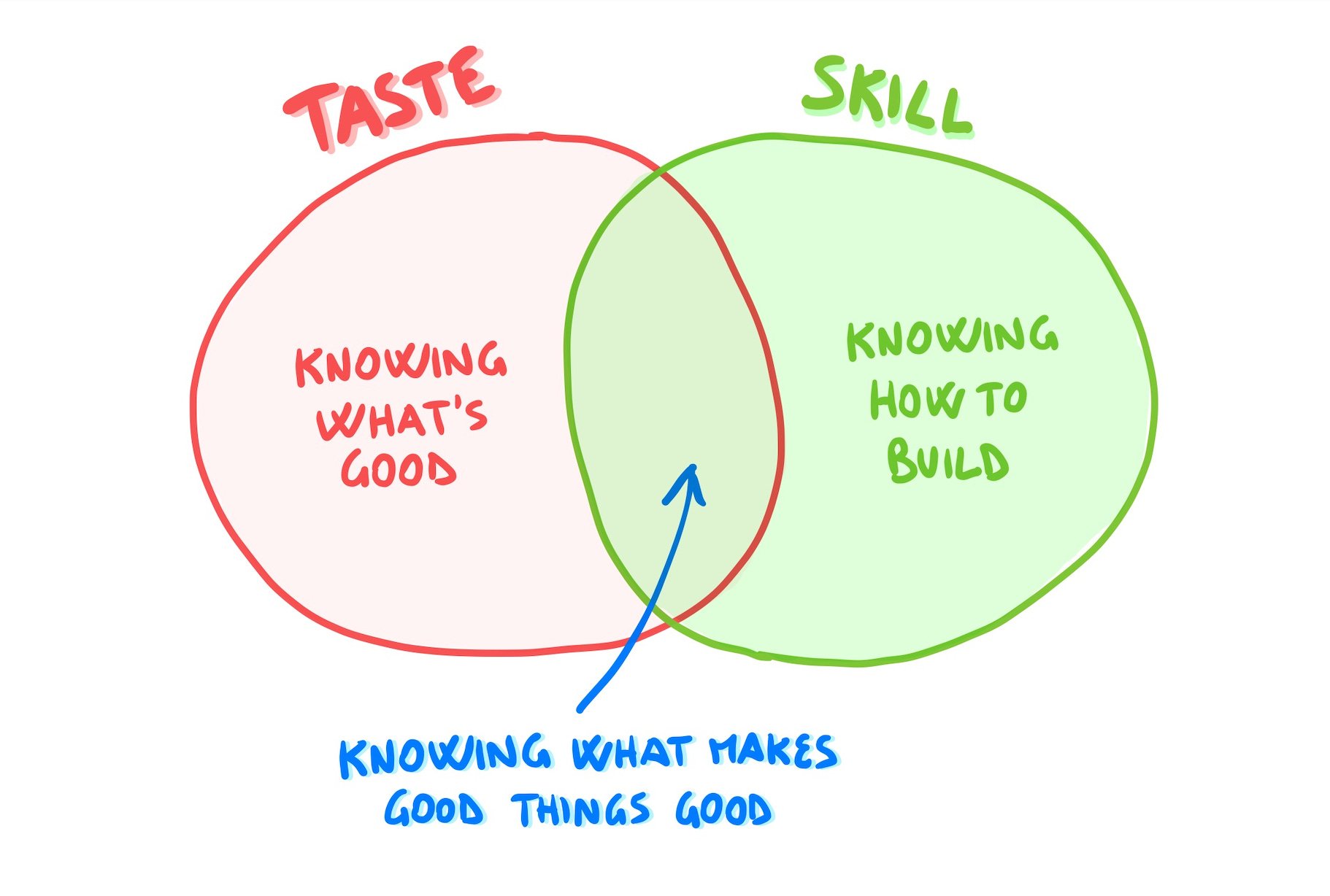We are all aware that there is a difference between wisdom and intelligence even though it’s quite difficult to pin down. You must always be willing to truly consider evidence that contradicts your beliefs, and admit the possibility that you may be wrong. I think that intelligence isn’t knowing everything, it’s the ability to challenge everything you know.
““Sell your cleverness and buy bewilderment.””





















